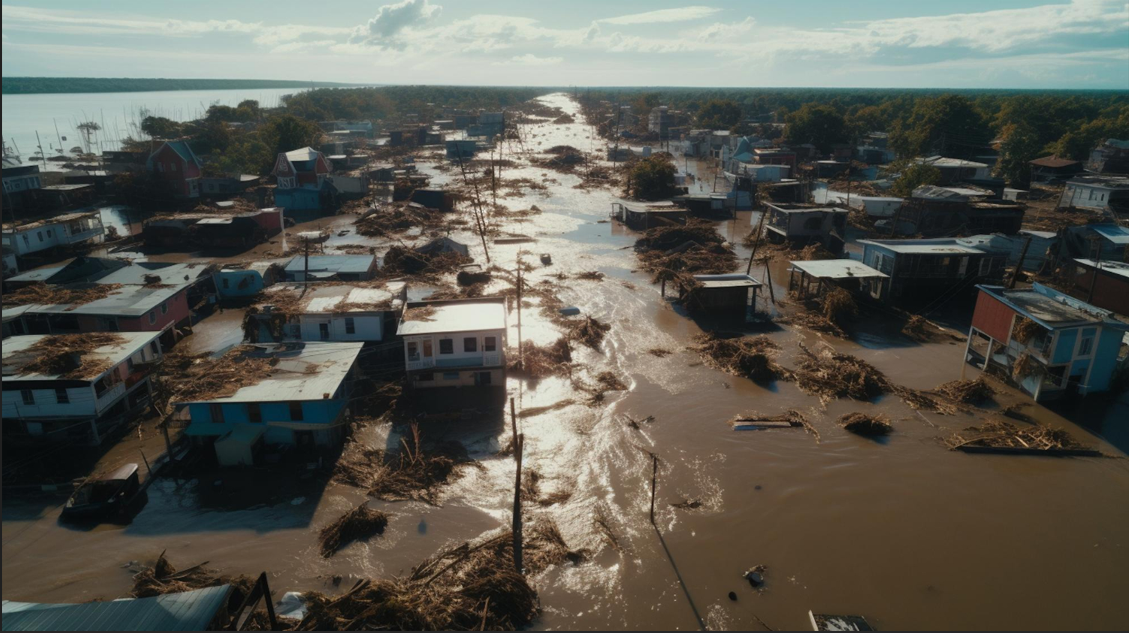Thousands have been left homeless and hungry in central Nigeria following catastrophic floods that have claimed at least 200 lives in Niger State. Survivors in the worst-hit area of Mokwa say that despite federal government assurances, aid has been slow to arrive.
The floods—described as the worst in the region in six decades—swept through Mokwa and nearby towns including Tiffin Maza and Anguwan Hausawa after a period of intense rainfall. The area, a critical trade corridor between Nigeria’s northern farmers and southern markets, now lies devastated.
“There’s no food, no shelter. Some people are wearing the same clothes since the flood hit,” said Abubakar Hussaini of the international NGO Humanity First, calling for urgent humanitarian intervention.
Despite President Bola Tinubu’s assurances on social media that emergency relief was being deployed “without delay,” displaced residents report little to no official support. Local accounts describe widespread hunger, homelessness, and growing frustration.
Aishatu Bello, a retired teacher who lost her home, voiced anger over the government’s slow response. “We are squatting with neighbors. There’s no shelter, no help,” she said. Others, like printing technician Isaac Abel, questioned how they would rebuild their lives. “We’ve heard nothing from the government. Our livelihoods are gone.”
The National Emergency Management Agency (NEMA) has acknowledged the crisis, noting that damaged roads and bridges are hampering response efforts. The Nigerian Red Cross described the situation as one of “widespread distress” and warned of potential disease outbreaks due to stagnant water and unrecovered bodies.
Controversy has also erupted over flood prevention efforts. Governor Mohammed Umaru Bago is facing public backlash after appealing for donations, just months after announcing a $10 million World Bank grant for flood control measures in Mokwa. Residents are demanding accountability for the funds, saying promised interventions never materialized.
Authorities have denied initial reports of a dam breach, instead attributing the disaster to severe erosion and poor drainage infrastructure—chronic issues across Nigeria during the April–October rainy season.
In 2024, Nigeria experienced one of its deadliest flooding disasters in history, with over 1,200 lives lost and more than 1.2 million displaced. The current crisis has renewed calls for sustainable flood management and improved infrastructure across the country.



